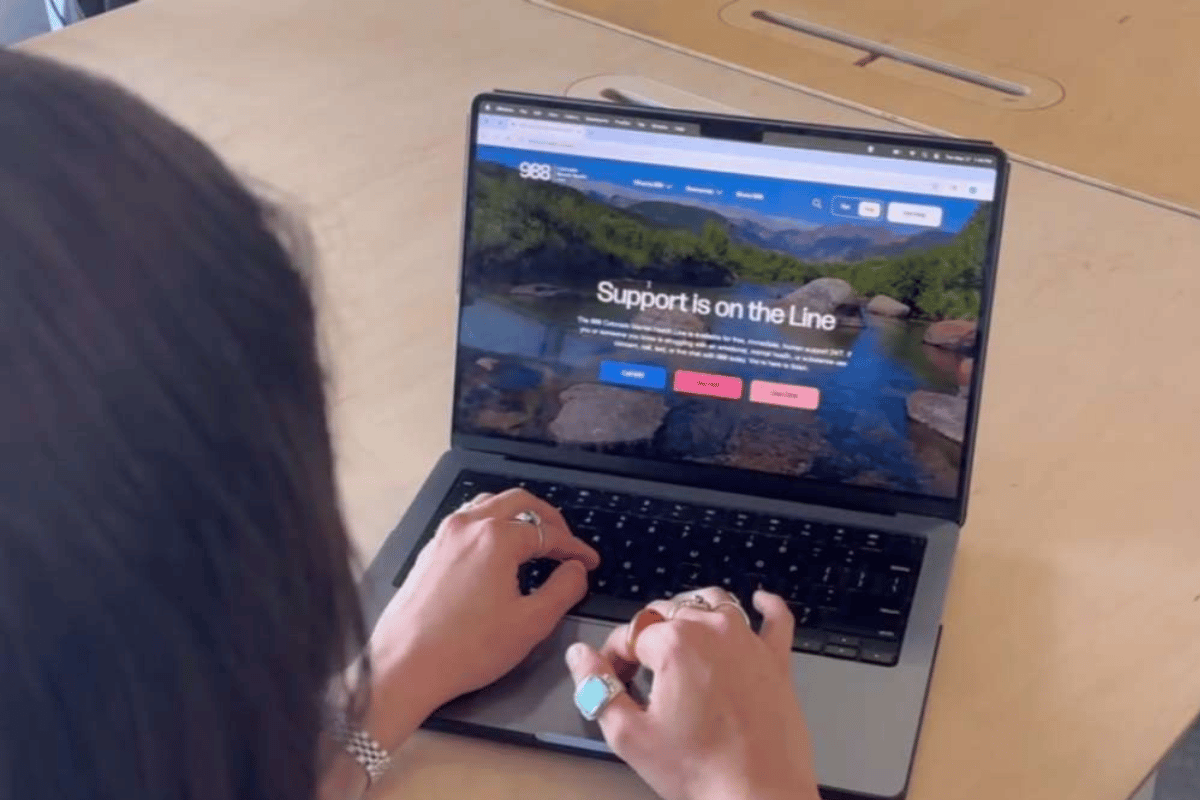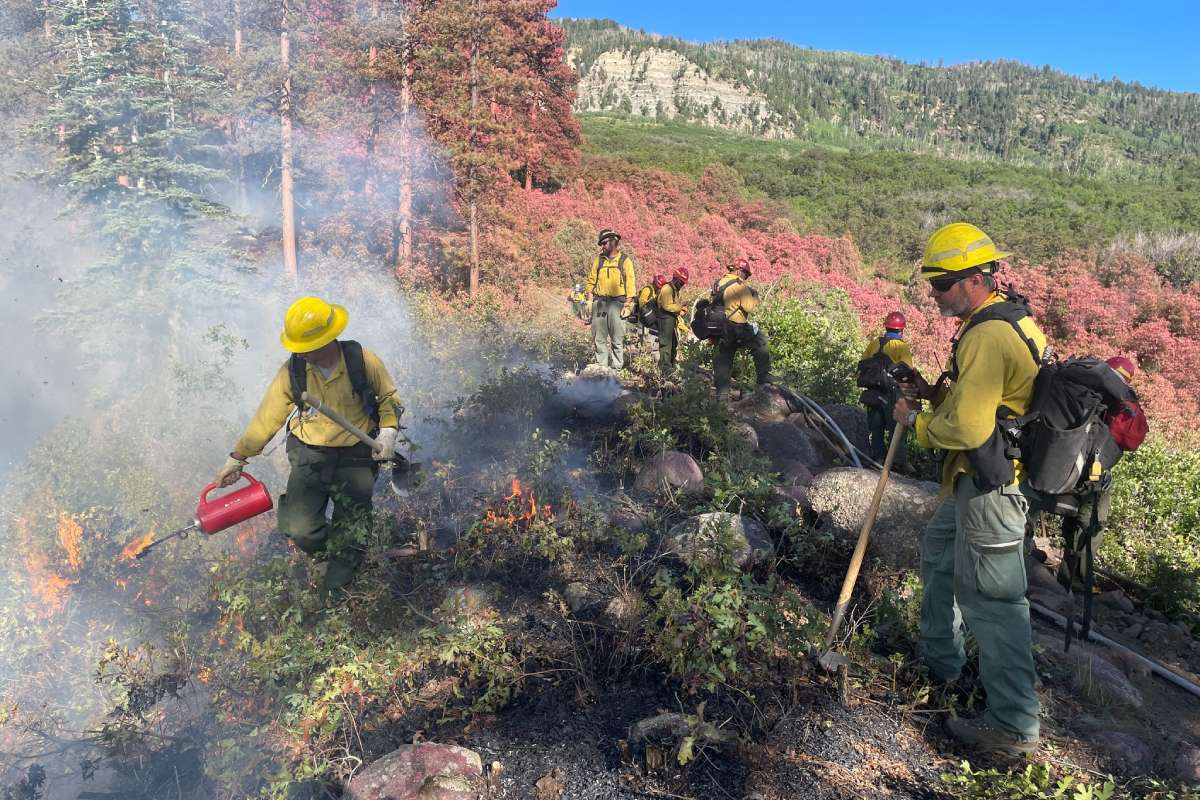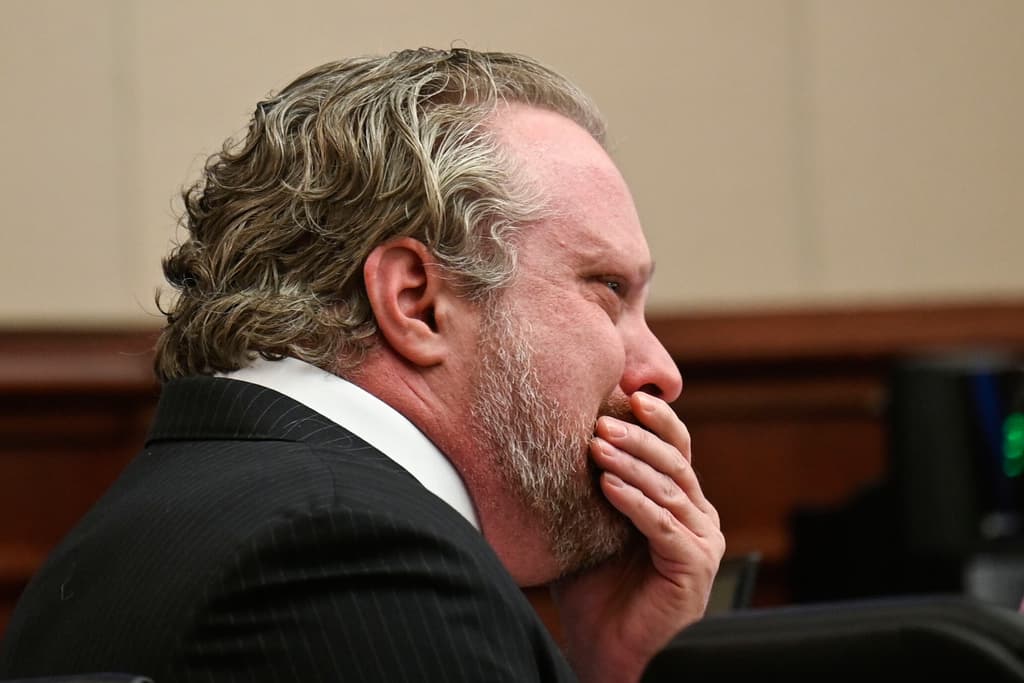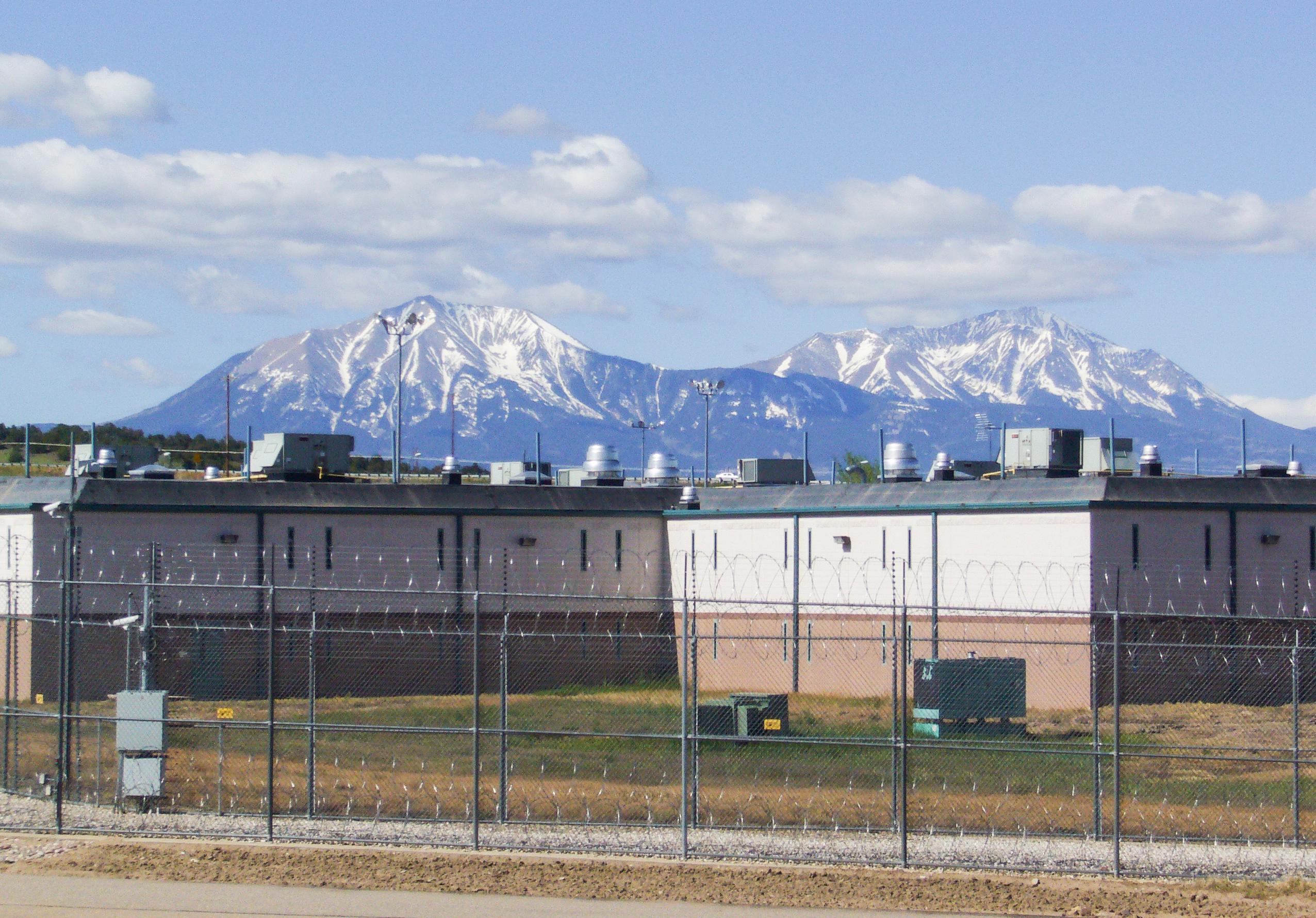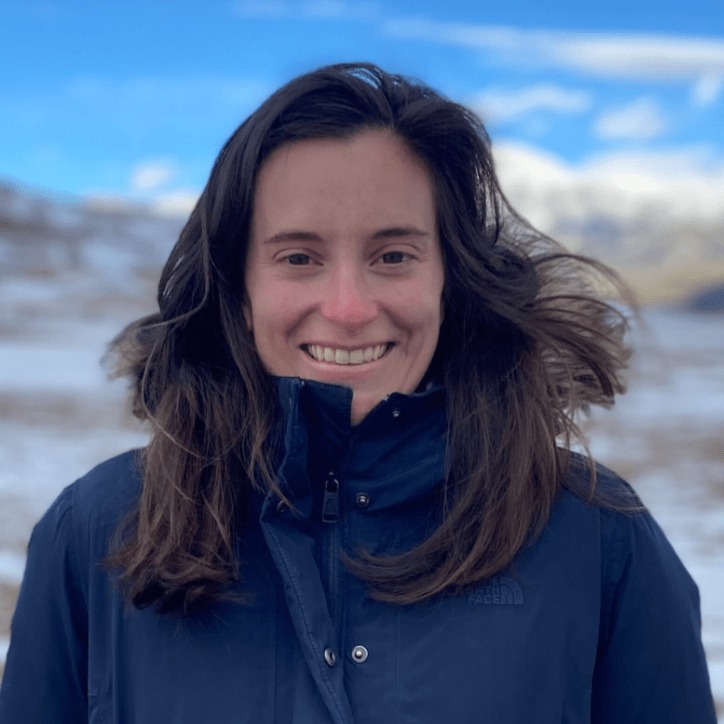
An explosion of traditional Indigenous regalia adorned with colorful beads and swirling ribbon returned to the University of Colorado Boulder this weekend for the campus’ first powwow in decades. The powwow served as a space for about three dozen Indigenous CU students and tribal members from all over the country to connect, sing, compete in dance competitions and hold traditional ceremonies.
For many of the CU students in attendance, this was their first time ever attending a powwow on campus.
“I've been here for four years and this is my first time wearing traditional regalia on campus,” Maya Contreras — a recent CU alumna and first generation student — said. “It's really exciting for me that we could indigenize this space.”
That same air of excitement was shared by many of the dancers and spectators. The return of the powwow is part of CU’s renewed effort to reach Indigenous students and make them feel welcome.
“I want to thank the students after a long absence of this powwow,” Benny Shendo Jr., CU’s new associate vice chancellor for Native American affairs, announced to the crowd. “I hope this is a sign of more to come to make our presence known to this beautiful valley that was once occupied by our Cheyenne and our Arapaho people, and those that traversed and made crossroads to this great place.”
The last time a powwow was held on the public university's campus was 14 years ago and the last “big” powwow was held over two decades ago. For the students who organized the event, it represented a small victory in an ongoing fight to get their voices heard.
Despite many other Colorado universities holding powwows, according to many of the CU Boulder student organizers, a big reason why it took over two decades for another large powwow to be held at CU Boulder’s campus was not due to lack of trying — it was due to lack of support and pushback from the university.


Alfredo Bitsoi, a third-year Navajo student and the president of Oyate, one of the indigenous student-run organizations that coordinated the powwow, told CPR News that the university “didn’t want this event.”
“We realized more [Indigenous students] needed to recognize there's a space for them on campus,” Bitsoi said. “And we needed the university to recognize that we — as indigenous students — are here and have a community. And we needed more support for us.”
But according to Bitsoi and other indigenous students, gaining that support from the university has been an uphill battle.
“The university itself was difficult to work with, as was the rec center,” Artemis Nopah, a third-year Fort Mojave student and member of the Oyate group, said. According to Nopah, even after the student-run groups received funding and support from indigenous faculty and community members, they still received pushback from the university over nitty-gritty details like the grass on the field where the powwow would be held.
“We were told not to put anything in the ground otherwise we’d get a citation,” Nopah said. “And then our dancers weren't allowed to dance on the grass — [the university] said it would suffocate the grass. And when we asked them not to water the grass last night, they still did anyway, which is kind of bad, as our dancers wear moccasins and they can get damaged from the water.”


CPR News reached out to Recreation Services at CU Boulder but received no response.
In addition to the Oyate student group; the Native Graduate Student Group, the Center for Native American and Indigenous Studies , the Center for Inclusion and Social Change, and the Theater and Dance Department, all collaborated to organize the student-run powwow.
Even though the grass was soggy and their work was tiring, Bitsoi and Nopah say they’re “happy and proud” to have the powwow back.
“We’re doing this for the students,” Bitsoi said. “I want to say ‘hey, there’s a community for you, we’re here for you. Don’t be afraid to be who you are.’ We're also doing this event for the university to say, ‘hey, we're Indigenous students, we're Indigenous staff, we're Indigenous faculty, listen to us, hear us out. Because we’re individuals of your university, you need to provide more support for us. It's a way to acknowledge us and let them know we're here making our voices stand, and we're reclaiming our lands.”


For other dancers and participants, the powwow was a way to connect with students to the greater Indigenous community.
“This powwow is everything for me as somebody returning from the community,” Rebekah HorseChief, a longtime Boulder resident and Head Woman Dancer of the powwow, said. “But what's really important is that it's everything to the students and the community now.”
- Interview: On centennial of citizenship act, Southern Ute leaders see cause to reflect rather than celebrate
- American Indian Affairs committee sends bills on bison protections, law enforcement to full state legislature
- Forced relocation and human rights abuses: New report details Indigenous treatment in Colorado and recommends how to restore rights
- Vail cancels residency for Native American artist Danielle SeeWalker over
- As US spotlights those missing or dead in Native communities, prosecutors work to solve their cases

